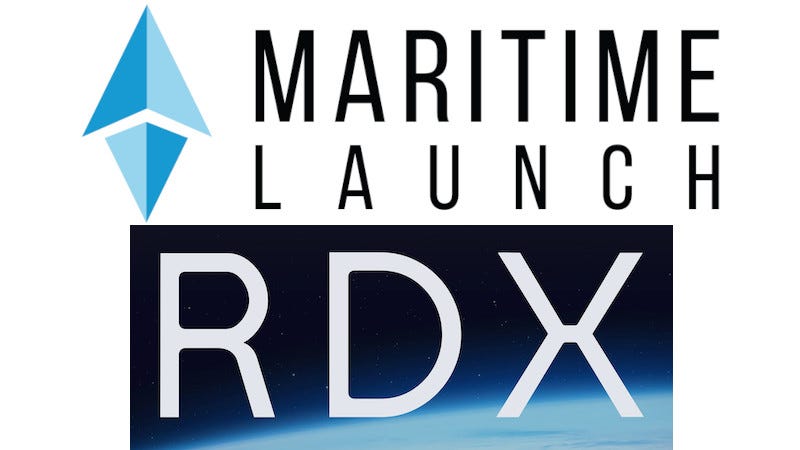Canadian Companies Strike $1.7 Million Deal for First Domestic Orbital Launch
Montreal Rocket Firm Partners with Spaceport Operator to Launch from Nova Scotia by 2028
Two Canadian space companies have secured a path for the nation's first orbital launch from domestic soil with agreements valued at approximately $1.7 million. The deal between Maritime Launch Services and Montreal-based Reaction Dynamics Lab marks Canada's entry into the exclusive group of countries capable of launching satellites independently.
"This is more than an investment or commercial launch agreement — it affirms that Canada's space launch capability is real and ready."
Stephen Matier, Maritime Launch Services
The partnership includes two key components: Maritime Launch Services Inc. announced the completion of agreements with Reaction Dynamics Lab Inc. combining an equity investment and a launch services agreement. Reaction Dynamics will invest approximately $1.03 million in Maritime Launch through quarterly installments beginning September 2025, while securing exclusive access to launch from Spaceport Nova Scotia.
Under the Pathfinder Launch Agreement, Reaction Dynamics plans its first orbital launch attempt around the third quarter of 2028. The Montreal company will use its Aurora-8 orbital rocket system for the historic mission, following test flights of its smaller Aurora-1 vehicle scheduled for this winter.
"Securing this Pathfinder launch is Canada's bridge to true sovereign launch," said Bachar Elzein, CEO of Reaction Dynamics. "With Aurora-1 flying this winter and our Aurora-8 orbital system coming online, Canada is not only entering the launch market — it is shaping the future of rapid, distributed and allied-ready space access."
The agreement establishes Canada alongside NATO allies with independent satellite launch capabilities. Maritime Launch CEO Stephen Matier emphasized that the partnership enables Canada to "launch their satellites to orbit, from their soil, on their terms."
Canadian launch company Reaction Dynamics has started engine qualification for their Aurora-8 launch vehicle, progressing toward the 2028 target. The companies plan to finalize a multi-year facility usage agreement for regular launch operations following the successful orbital attempt.
The partnership positions Nova Scotia as the hub of Canada's emerging space economy, with Spaceport Nova Scotia offering unique advantages including multiple orbital inclinations and clear launch trajectories over the North Atlantic.





